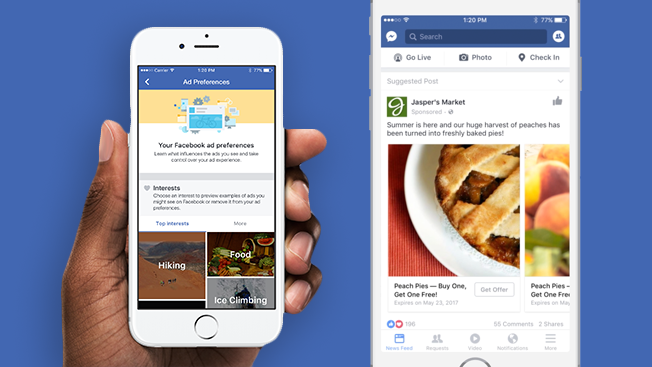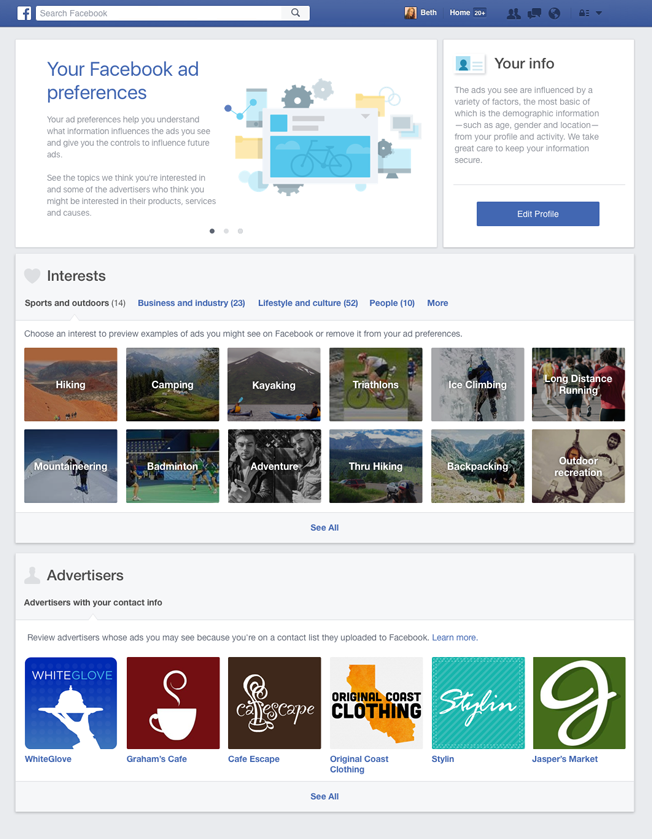
If you’re a business investing any amount of your budget into online marketing, there’s a good chance you are running ads on Google. So, it may raise your eyebrows to learn the company operating one of the largest online ad platforms is about to release a new feature that will block ads on Chrome.
Indeed, Google is updating its web browser to block ads by default. However, it appears Chrome’s ad blocker will only filter specific types of ads which are considered “unacceptable” by the Coalition for Better Ads standards.
As the original report about the new feature from The Wall Street Journal explains:
“Unacceptable ad types would be those recently defined by the Coalition for Better Ads, an industry group that released a list of ad standards in March. According to those standards, ad formats such as pop-ups, auto-playing video ads with sound and ‘prestitial’ ads with countdown timers are deemed to be ‘beneath a threshold of consumer acceptability’.”
The news makes it fairly certain that Chrome’s ad blockers will be significantly less aggressive than many third-party options, but it is unclear exactly how it will work. It is possible the site may only block specific offending ads, but the report indicates Google is also considering blocking ads across an entire site if any ads are deemed unacceptable.
In other words, play by Google’s rules or have all your ads on your site blocked.
Many consider the news that Google is preparing an ad blocker to be a surprise, but there is a reasonable argument for the decision. The rise of ad blocker usage isn’t going away, with many citing malicious, aggressive, or annoying ads as their primary reason for using a third-party blocker.
By taking a proactive action to block offending ads by default, the company may be able to pull some users back from blocking all ads entirely. That means the typical ads across their platform would continue getting shown and generating revenue instead of being removed by a third-party app.
There are a lot of questions about how exactly the ad blocker will function, but the WSJ says you can expect to learn more about the feature “within weeks.”





